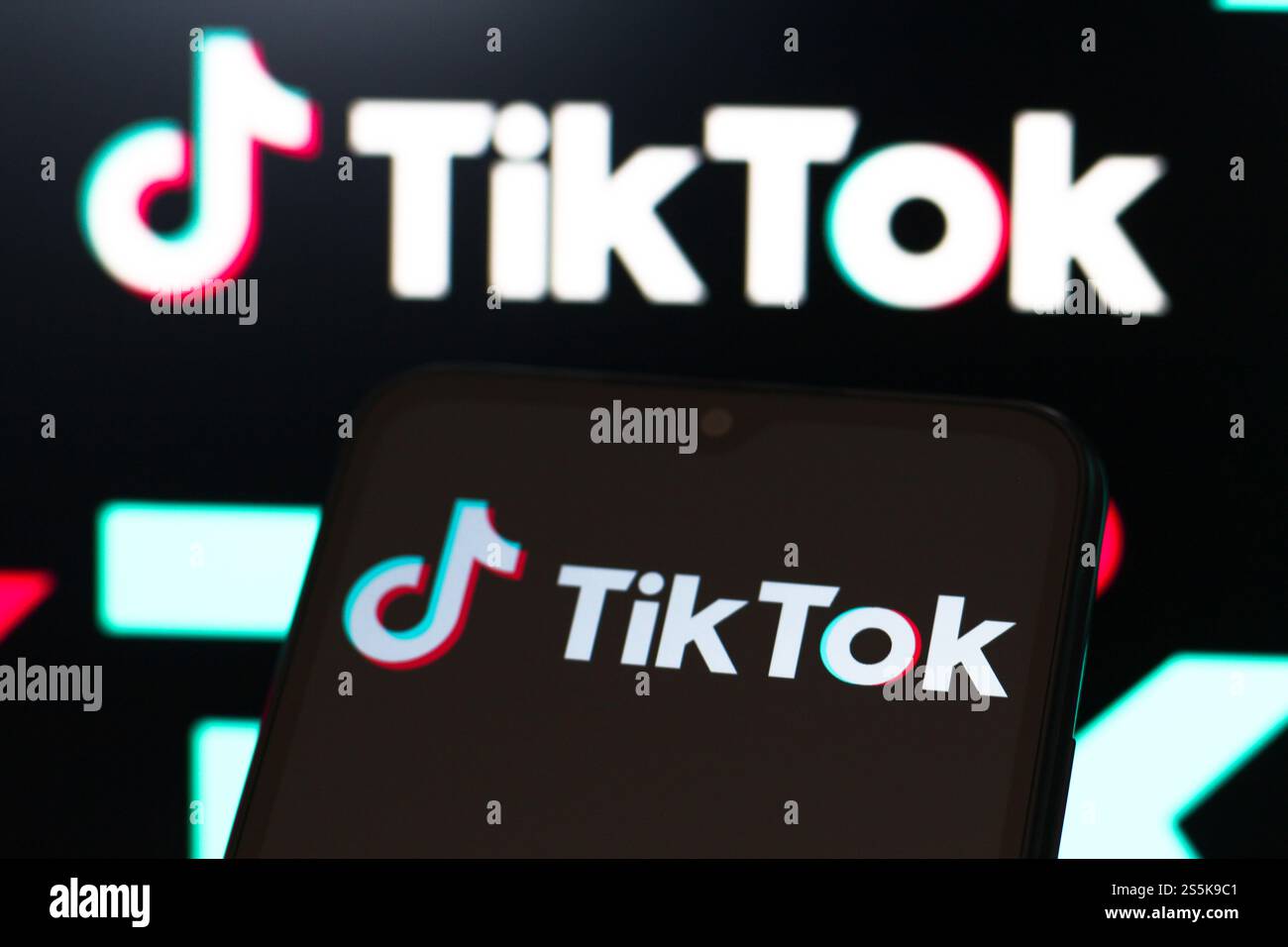Who Owns TikTok: Unmasking the Company Behind the Viral Sensation
TikTok, the social media app that has taken the world by storm, has left many users wondering about its parent company. As the platform continues to grow in popularity, the question of who owns TikTok has become increasingly relevant. In this article, we will delve into the history of TikTok, its parent company, and the key players involved in its operation.
TikTok, originally called Douyin, was launched in China in September 2016 by ByteDance, a Chinese technology company. ByteDance is a privately-held company founded in 2012 by Zhang Yiming, a Chinese entrepreneur. Initially, ByteDance focused on developing news aggregation apps, but it quickly shifted its focus to creating short-form video content. The company's app, Douyin, quickly gained popularity in China, and in 2017, it expanded to other countries in Southeast Asia.
The Rise of TikTok
In 2018, ByteDance acquired Musical.ly, a social media app that allowed users to create and share short-form lip-sync videos. The company merged Douyin with Musical.ly and rebranded the app as TikTok for international markets. The move proved to be a strategic one, as TikTok quickly gained popularity worldwide, especially among younger generations.
Key Features and Monetization Strategies
TikTok's success can be attributed to its unique features, which have contributed to its widespread appeal. Some of the key features include:
• Short-form video content: TikTok's short-form video format allows users to create and consume content quickly, making it easier to engage with the platform.
• Creative tools: TikTok offers a range of creative tools, including filters, effects, and music, which enable users to create high-quality content.
• Community features: TikTok's community features, such as hashtags, challenges, and duets, allow users to interact with each other and build a following.
Monetization Strategies
TikTok has implemented various monetization strategies to generate revenue from its vast user base. Some of the key strategies include:
• Advertising: TikTok offers in-app advertising, which allows brands to reach a targeted audience.
• Branded partnerships: TikTok partners with brands to create sponsored content, which can help to increase brand awareness and drive sales.
• E-commerce integration: TikTok has integrated e-commerce capabilities, allowing users to purchase products directly from the app.
Who Owns TikTok?
So, who owns TikTok? While TikTok is owned by ByteDance, the company's ownership structure is complex. ByteDance is a privately-held company, which means that its ownership is not publicly disclosed. However, it is believed that Zhang Yiming, the founder of ByteDance, holds a significant amount of influence over the company.
Investment and Partnerships
ByteDance has received significant investments from various companies, including KKR, General Atlantic, and Hillhouse Capital. These investments have helped to fuel ByteDance's growth and expansion.
Acquisitions and Mergers
ByteDance has made several acquisitions and mergers in recent years, including the acquisition of Musical.ly and the merger with Kuaishou, a Chinese video-sharing app. These acquisitions have helped to expand ByteDance's reach and increase its user base.
Challenges and Controversies
TikTok has faced several challenges and controversies since its launch. Some of the key issues include:
Data Privacy Concerns
TikTok has faced criticism over its data collection practices, with some users expressing concerns about the company's ability to collect and use their personal data.
• User data: TikTok collects user data, including location, browsing history, and search queries.
• Exporting data: TikTok exports user data to third-party companies, which has raised concerns about data privacy.
Content Moderation
TikTok has faced criticism over its content moderation practices, with some users expressing concerns about the company's ability to moderate explicit or harmful content.
• Regulation: TikTok has faced calls from regulators to improve its content moderation practices.
• Voluntary guidelines: TikTok has implemented voluntary guidelines for content creators, which aim to promote responsible content.
Government Interference
TikTok has faced interference from government authorities, including China's National Cybersecurity Law, which requires companies to store user data locally.
• Censorship: TikTok has faced criticism over its handling of sensitive content, including censorship of certain topics.
• Compliance: TikTok has complied with the National Cybersecurity Law, which has raised concerns about the company's ability to operate freely.
Conclusion
TikTok's ownership and operation are complex and multifaceted. While ByteDance is the parent company of TikTok, the company's ownership structure is not publicly disclosed. The company's key players, including Zhang Yiming, have a significant influence over the company's operations. As TikTok continues to grow in popularity, it is likely that the company will face increased scrutiny and regulation.
Fashion Weekti
Madi Ruve
Bhad Bhabie
Article Recommendations
- Kaitlyn Kremsd
- Alex Landi
- Skyes In 2024
- Elliot Timpf
- David Bromstad Partner
- Crazyjamjam
- Lidia Curanaj
- Is Jennifer Lopez Pregnant
- Jessicaitzel
- Peggy Prescott



